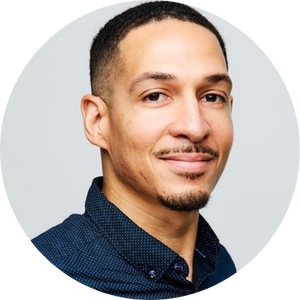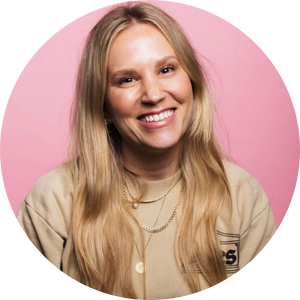Diversity, Equity, Inclusion & Belonging at commercetools
At commercetools, we believe diversity fosters innovation. We tune in to the diverse voices of our employees because it’s core to who we are. The global communities in which our customers, our partners and our work families operate benefit from a culture that supports innovation, inclusion, and equity. This is why at commercetools we hold ourselves accountable, and work together to help make the world a more fair place where everyone belongs.
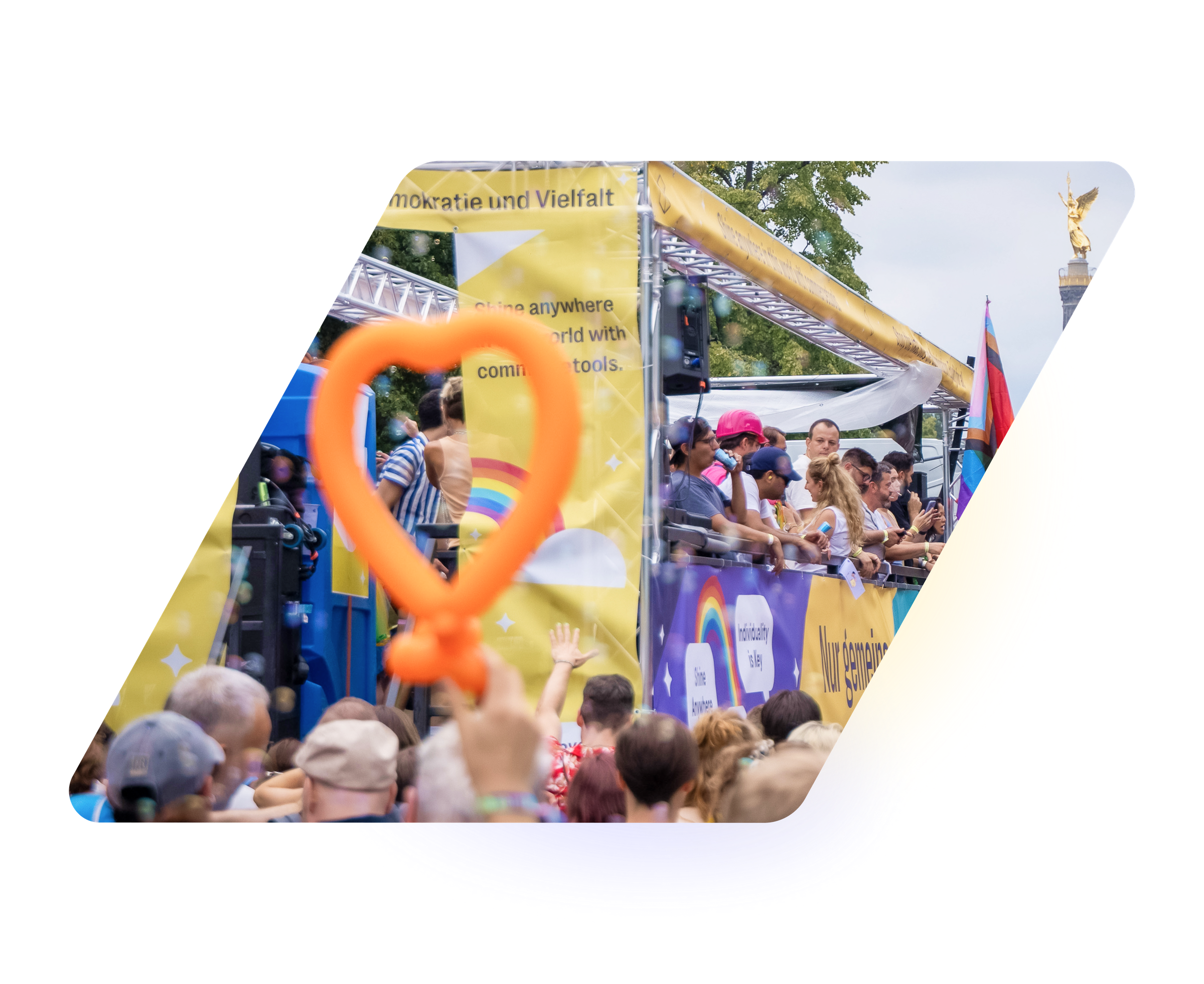
What Does Diversity, Equity, Inclusion and Belonging Mean at commercetools?
- Embracing workforce diversity with regards to age, gender, disability, race, national or ethnic origin, religion, language, marital or civil partnership status, political beliefs, sexual orientation.
- Valuing diversity of perspective leveraging the diverse personalities, thinking, skills, experience and working styles of our employees and other stakeholders.
- Building a flexible organization providing opportunities for work arrangements that accommodate the diverse needs of individuals at different career and life stages (e.g. parental leave, neurodiverse work accommodations).
- Treating every employee with respect and dignity and having a zero tolerance attitude to bullying, harassment or victimization of any kind.
- Achieving higher standards than the minimum set out in legislation and proactively encouraging a culture that supports diversity and equal opportunities.
- Nurture a community of belonging where people enjoy to be a valued member and feel they have a place to grow
DEI Report
Learn morecommercetools Cookbook
Learn morePride Season
Learn moreDEI Yearbook
Learn moreWe’re Never Done Learning Wisdom That Works
Whether you just graduated college, got your first job or are CEO of a corporation, you’ll discover there are always lessons to learn— and that’s a good thing! That said, heeding the advice of others can save you from a lot of unnecessary frustration. Embrace the lessons offered up by a diverse array of commercetoolers in “Wisdom that Works.”
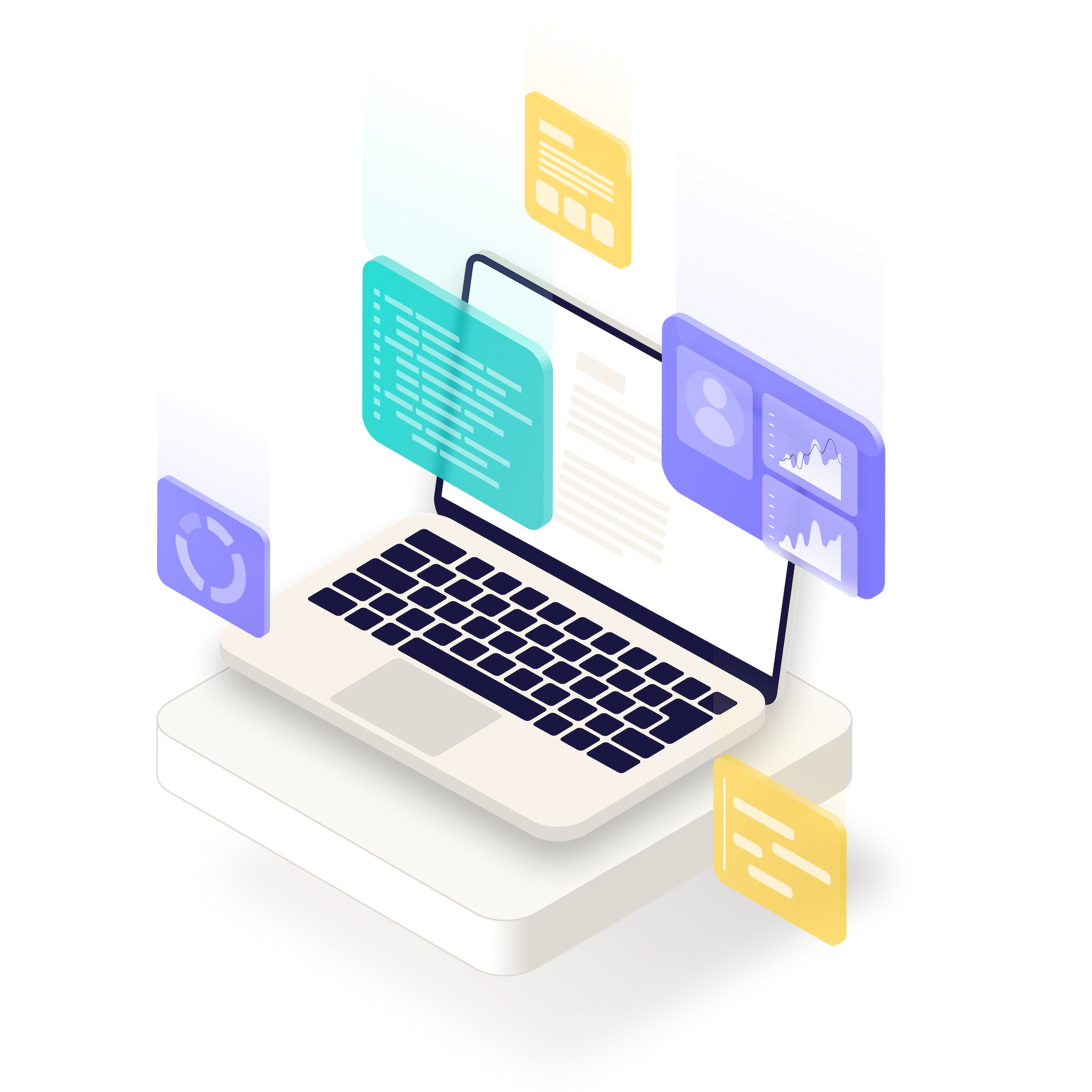
Accessibility: Ablr Assurance Program Badge
This emblem signifies commercetools' proactive engagement in ensuring an inclusive environment. It represents our organization's dedication to maintaining accessibility standards in all operations. Displayed proudly to communicate your commitment to inclusivity to customers, partners, and the community.
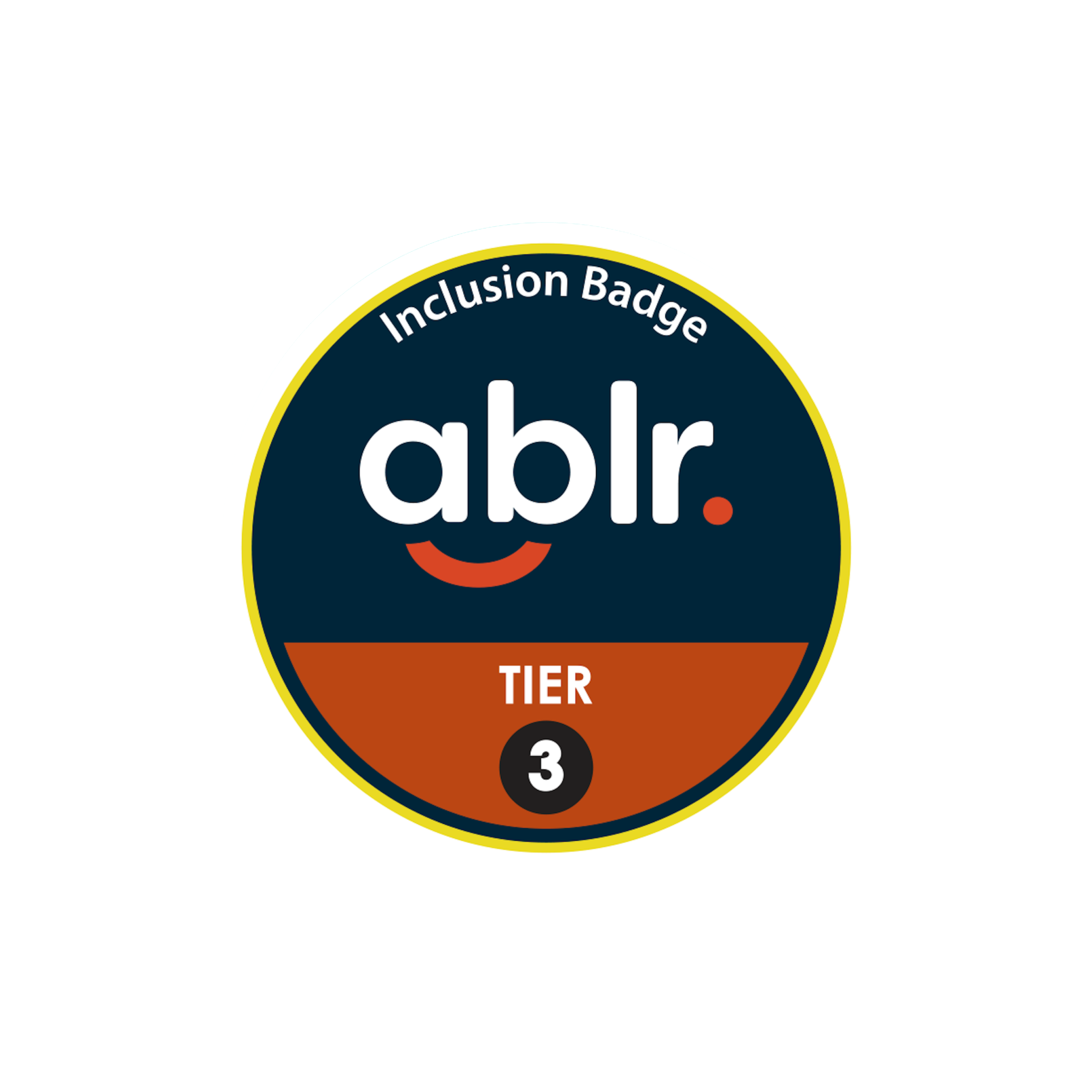
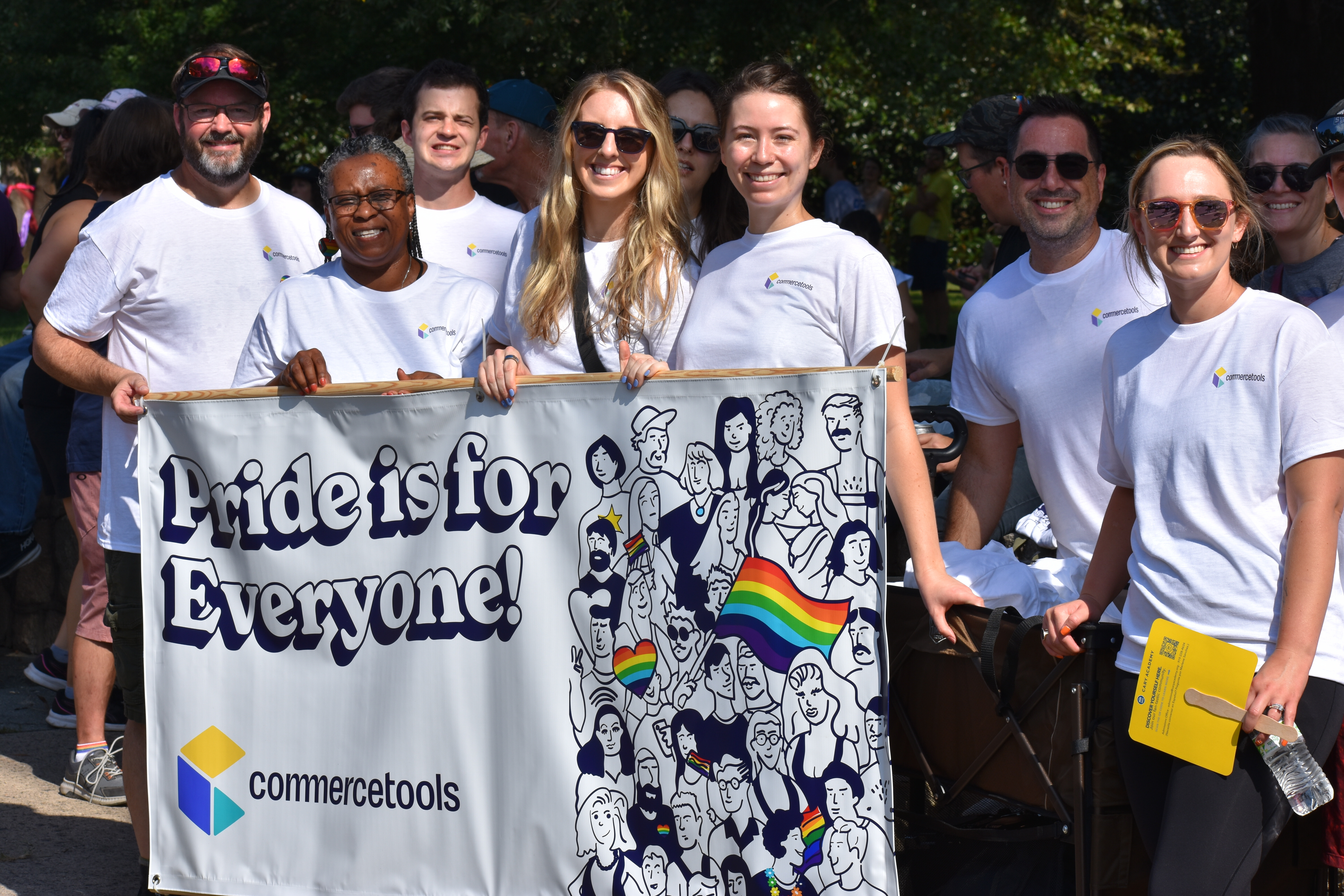

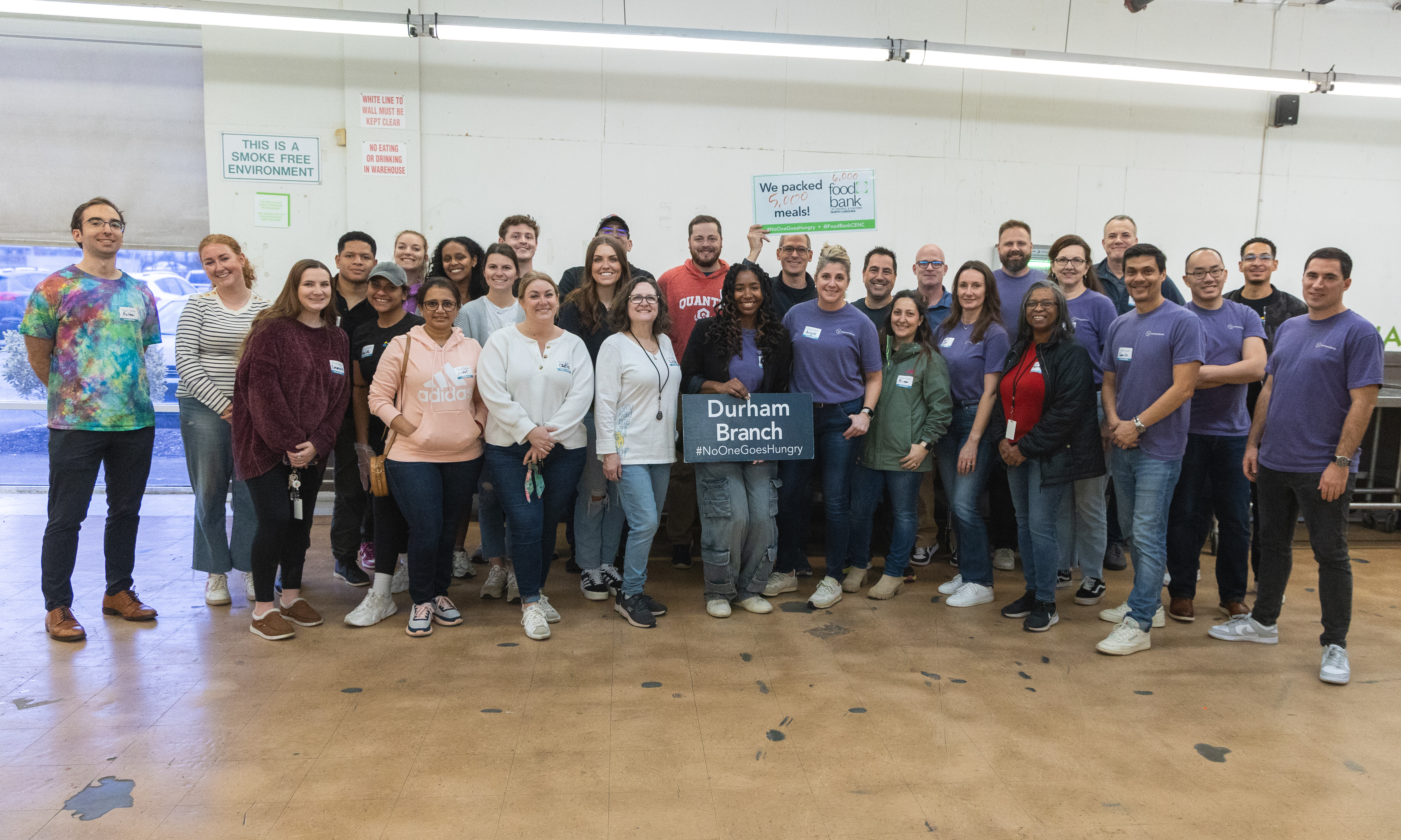
Employee Resource Groups
Our ERG program is a voluntary, employee-led diversity and inclusion initiative that is supported by commercetools’ leadership. ERGs are organized based on common identities, interests, or backgrounds to support employees. They create open forums for employees to meet, share, and support each other in addressing concerns and fostering a respectful, caring community. Check out our current ERGs below!
BLK Leaders
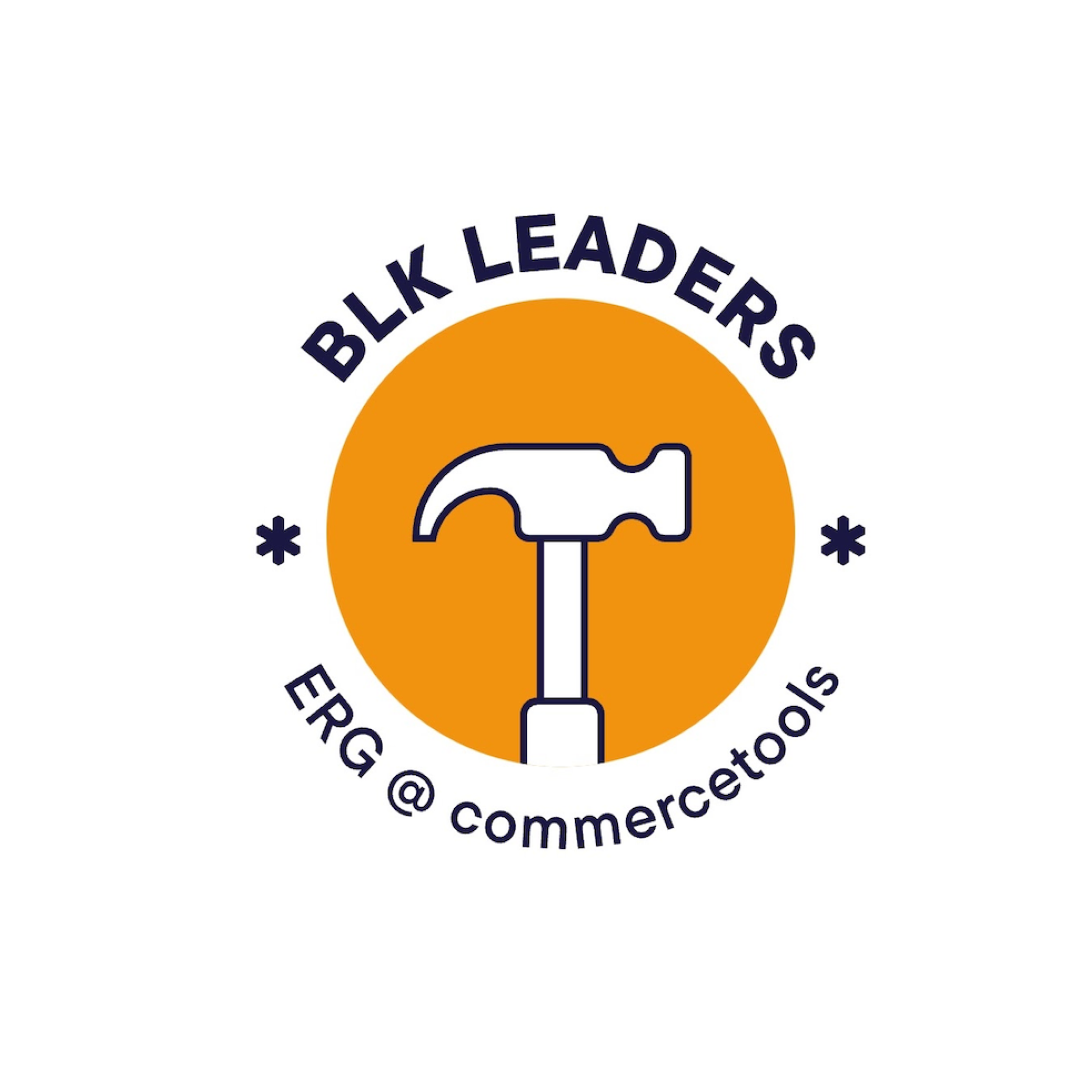
Open Minds
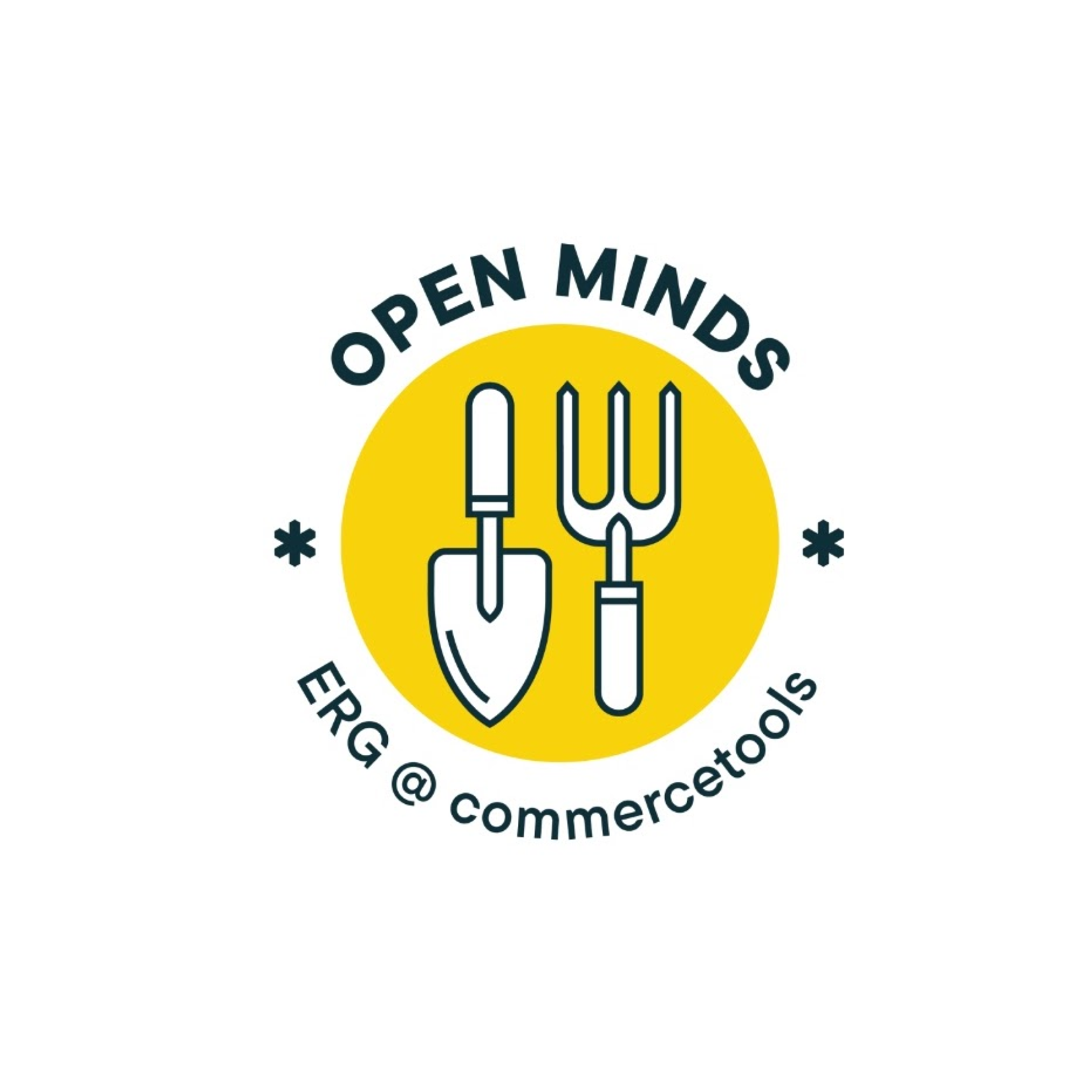
Planet Earth Alliance
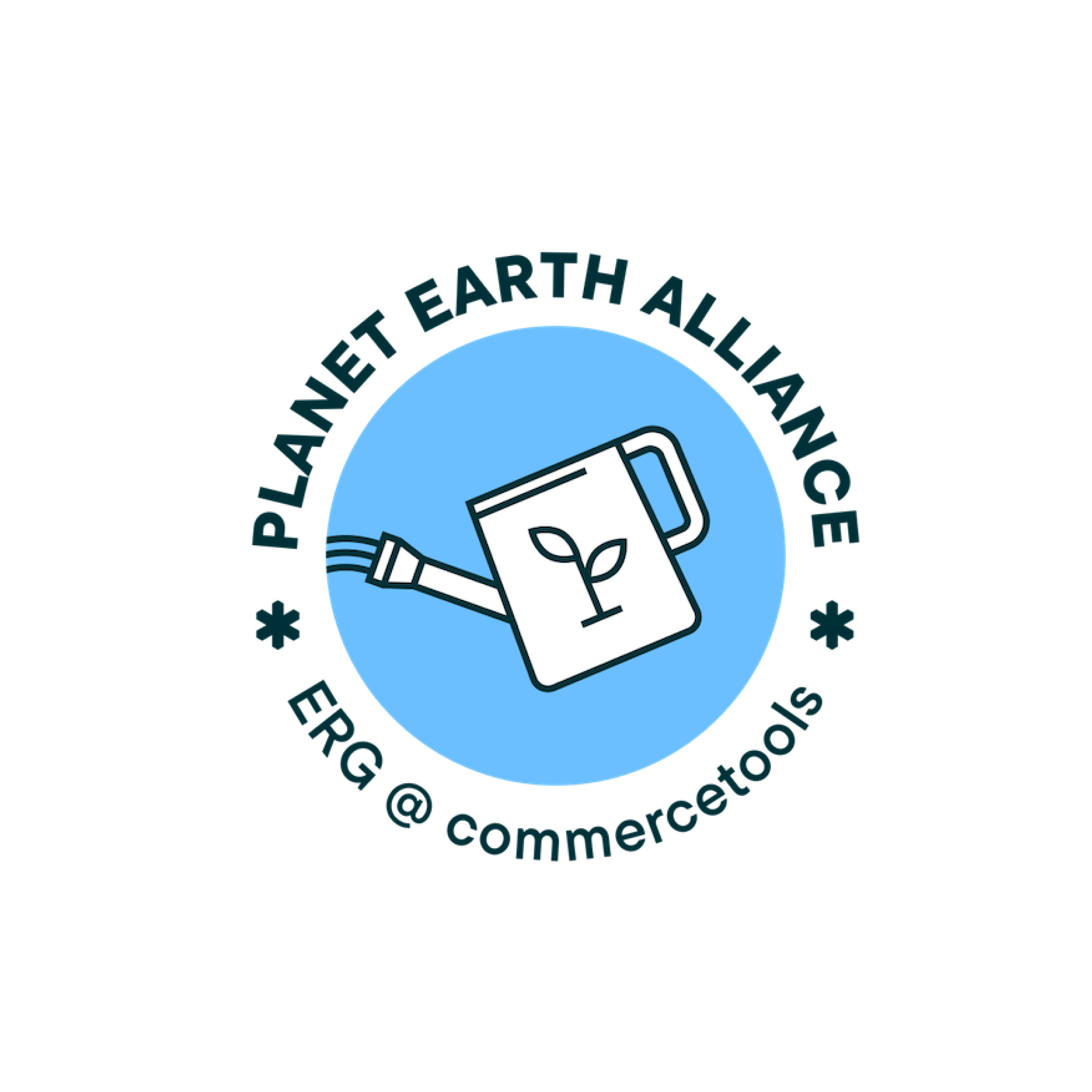
Women at commercetools
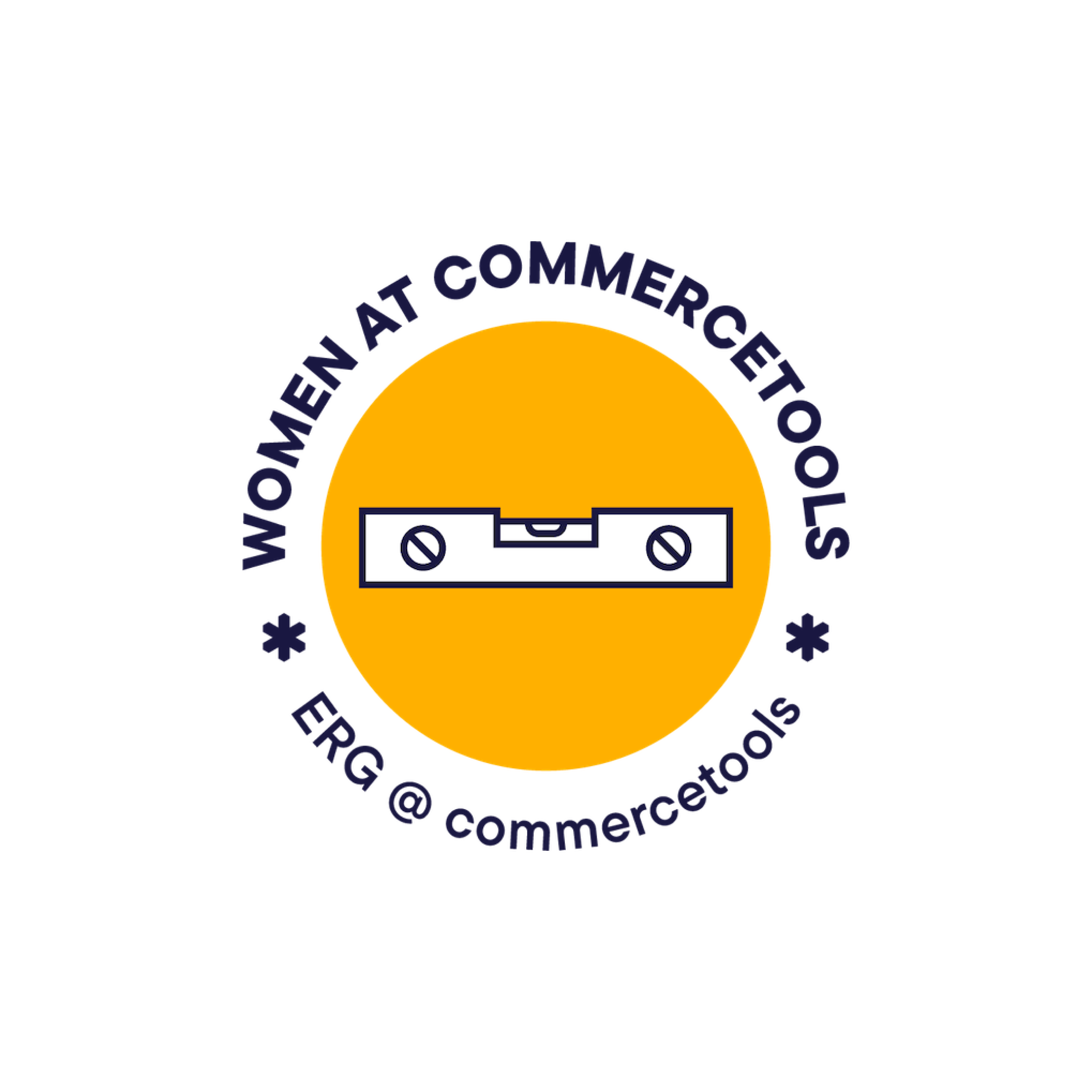
Parents Empowerment
- - Create and grow a community: Provide a safe space for collaboration and fostering a supportive community for parents
- - Sharing & Caring: Tips & Tricks / resources / roundtable discussions / networking sessions / guest speakers / Q&As
- - Parenting benefits: Advocate for policies and initiatives that support the needs and interests of parents within the organization, addressing issues related to work-life balance, and career advancement opportunities

Pride
To cultivate a workplace where every LGBTQIA+ individual and ally feels a profound sense of belonging, is valued, and is empowered to thrive.
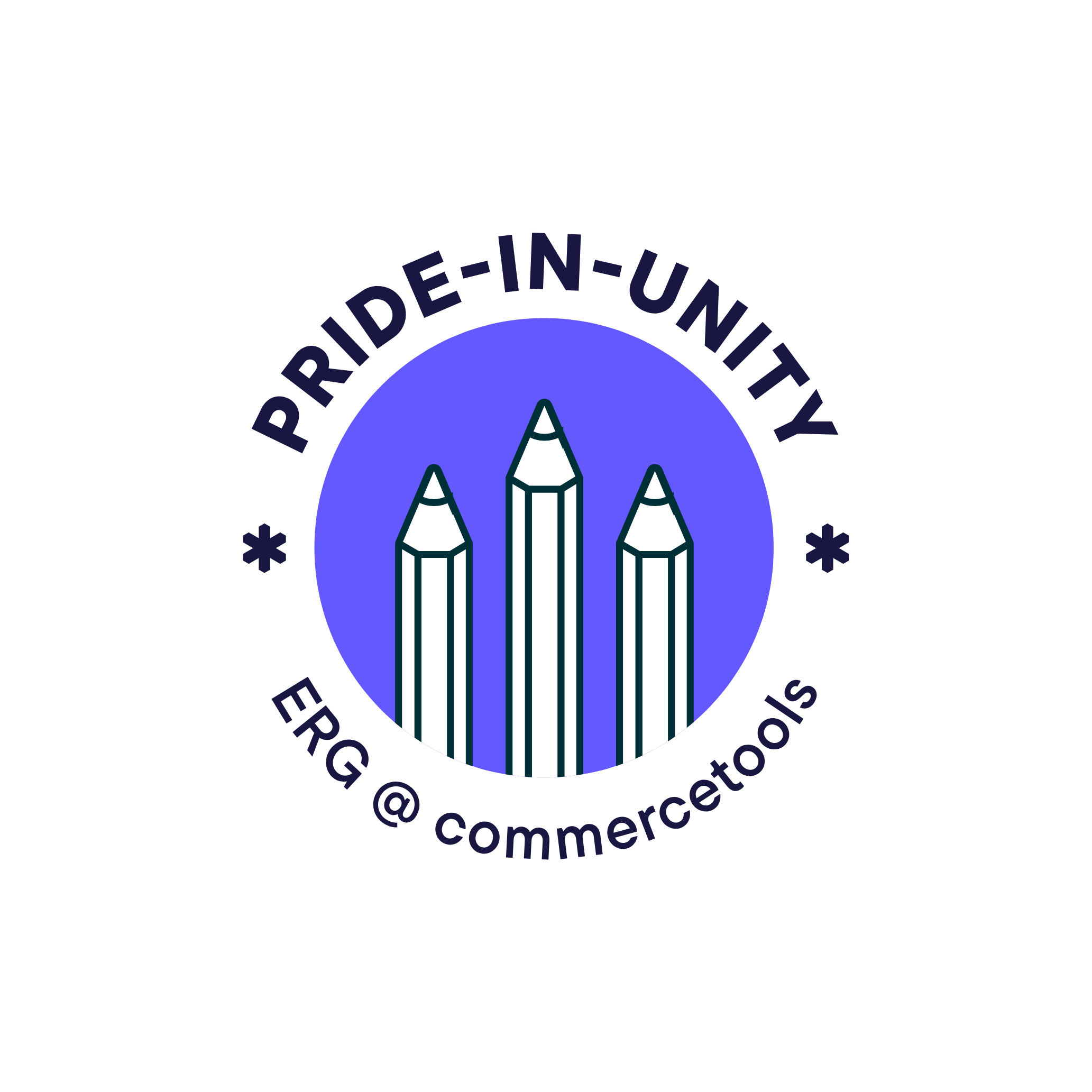
We are taking it seriously
To us, Diversity, Equity, Inclusion, and Belonging isn’t just a “nice to have”. At commercetools, we don’t just take our DEIB efforts for granted. We measure our efforts against the Mathison Equity Index, an industry-wide score, that helps us gauge the success of our programs as well as areas we need to work on. For any questions related on how DEI matters at commercetools, please direct your questions at deib@commercetools.com.



